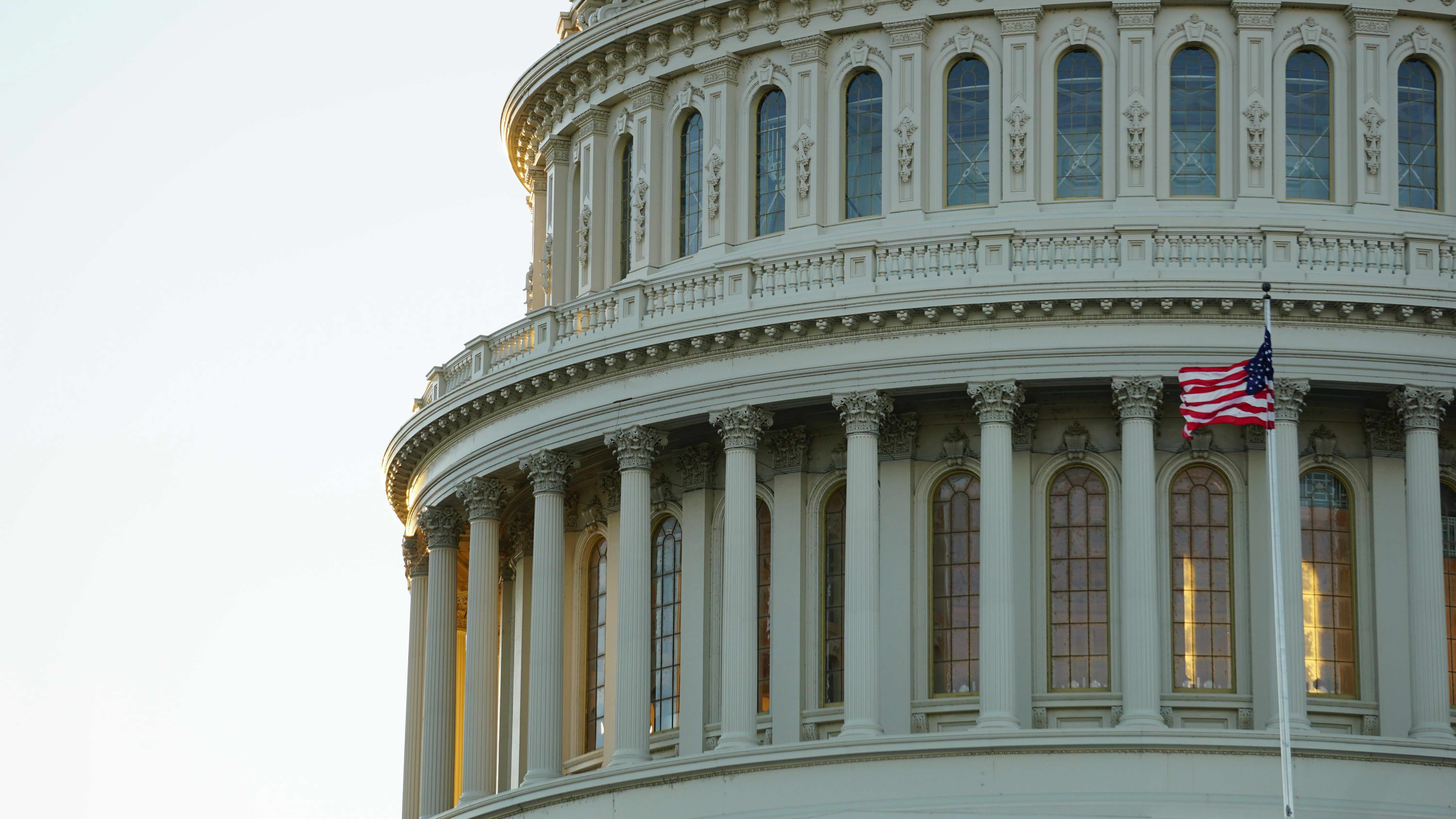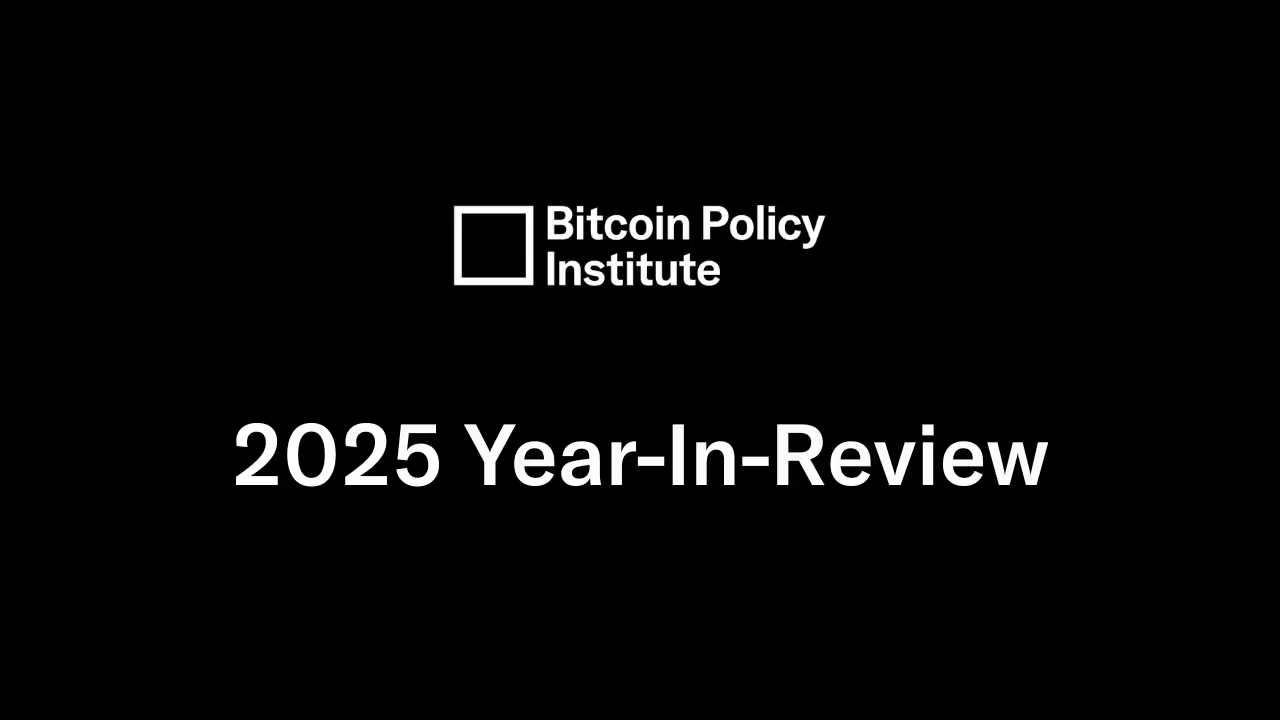Nation State Adoption: How and Why Countries Are Gaining Exposure to Bitcoin
A comprehensive report on nation-state Bitcoin adoption — this brief examines how 27 countries utilize mining, reserves, and wealth funds while 13 pursue legislation, signaling Bitcoin's emergence as a strategic sovereign asset.

Executive Summary
The Cycle of National Bitcoin Adoption
In its 17-year history, bitcoin has steadily gained credibility and value in cycles, each drawing in new groups of buyers. The first adopters were cypherpunks, followed by individual retail speculators, and eventually hedge funds. The last cycle saw corporations adopting bitcoin treasury strategies, as well as the first Nation State adopters — El Salvador and the Central African Republic.
Despite the Central African Republic reversing bitcoin's status as legal tender, and El Salvador complying with external pressure from the IMF and pairing back some of its bitcoin policies, the current bitcoin cycle has seen increasing national adoption by governments. What has changed, however, is the manner in which countries have gained exposure to bitcoin since the legal tender first movers.
America Pioneering Bitcoin Reserves
Previously, the largest sovereign bitcoin treasuries have been collected through seizure by their justice apparatus from individuals undertaking illicit activities. The striking change in this cycle is that countries have explicitly stated, or implied through their inaction, that they don't intend to sell their accumulated bitcoin. This was most evident in an executive order signed by U.S. President Donald Trump, which differentiated bitcoin from other cryptocurrencies and set a policy of retaining, rather than selling, bitcoin holdings.
That executive order is not the only pioneering effort underway in the U.S. Republican Senator Cynthia Lummis has introduced a bill that, if enacted, would mandate the U.S. purchase one million bitcoins as a strategic reserve. Interestingly, states have front run the federal adoption measure, with Arizona, New Hampshire, and Texas signing Strategic Bitcoin Reserves (SBRs) into law, and dozens more considering SBRs.
Other countries have taken notice of this growing momentum within the U.S. government, and are executing their own strategies for exposure. Sixteen nations have now proposed or enacted legislation for SBRs in a similar context to the U.S. In addition, multiple international provinces and cities—as well as several U.S. municipalities—have begun allowing residents to pay taxes in bitcoin.
International Innovative Methods of Bitcoin Exposure
Many countries have established novel ways to gain national exposure to bitcoin that the U.S. has yet to match. For example, some nations have utilized their sovereign wealth funds (SWFs) as vehicles to acquire bitcoin for the sovereign balance sheet. This does not always require direct purchases; some countries have used abundant excess electricity to mine bitcoin. These deals are usually conducted through joint ventures with foreign companies, but provide profit sharing in the form of bitcoin accumulation to the sovereign's balance sheet.
In many countries, SWFs use cash reserves to gain exposure to bitcoin, ranging from direct purchases to spot bitcoin exchange-traded funds (ETFs), as well as indirect exposure through shares of bitcoin treasury companies such as MicroStrategy. In addition, some central banks and government-affiliated pension funds have made similar investments.
Exposure to What End
This paper examines Nation States that have gained exposure to bitcoin, and highlights the rapid acceleration of such exposure over the past year. It also analyzes the potential benefits that bitcoin holdings could offer to countries adopting this strategy.
The most immediate advantage is that bitcoin can complement gold—the world's longest-standing reserve asset on sovereign balance sheets. Often described as "digital gold," bitcoin fulfills many of the same monetary functions, and arguably improves upon them. In an era of increased geopolitical uncertainty, the possession of a neutral reserve asset with a global, liquid market is highly valuable. Bitcoin's digital portability—allowing transfers anywhere in the world within about ten minutes—further enhances this value, especially as U.S. Treasuries increasingly struggle to keep pace with dollar debasement.
Bitcoin's portability and independence from intermediaries also opens new possibilities beyond its role as a reserve asset. For example, bitcoin can serve as partial collateral for sovereign bonds. "Bit-Bonds" might attract greater institutional investor interest, thereby lowering borrowing costs for governments and their taxpayers. Bitcoin can also facilitate trade by bridging currency pairs between neighboring countries, reducing reliance on costly intermediaries and fees. Finally, countries that adopt bitcoin early often see the emergence of bitcoin-driven business ecosystems.
The Nation States Are Here
According to our research, 27 countries currently have some measure of exposure to bitcoin—approximately one in seven worldwide. Furthermore, 13 countries have proposed adoption measures through legislation or policy initiatives, most commonly in the form of establishing an SBR. Much of this activity has taken place within the last year, making it difficult to envision a scenario in which adoption ceases or reverses. Bitcoin has emerged as a new macroeconomic asset, the first of its kind in more than a century. Now that the most powerful and influential countries in North America, Europe, Asia, and the Middle East are engaging with bitcoin, a game-theoretic race for adoption has begun.



.svg)






